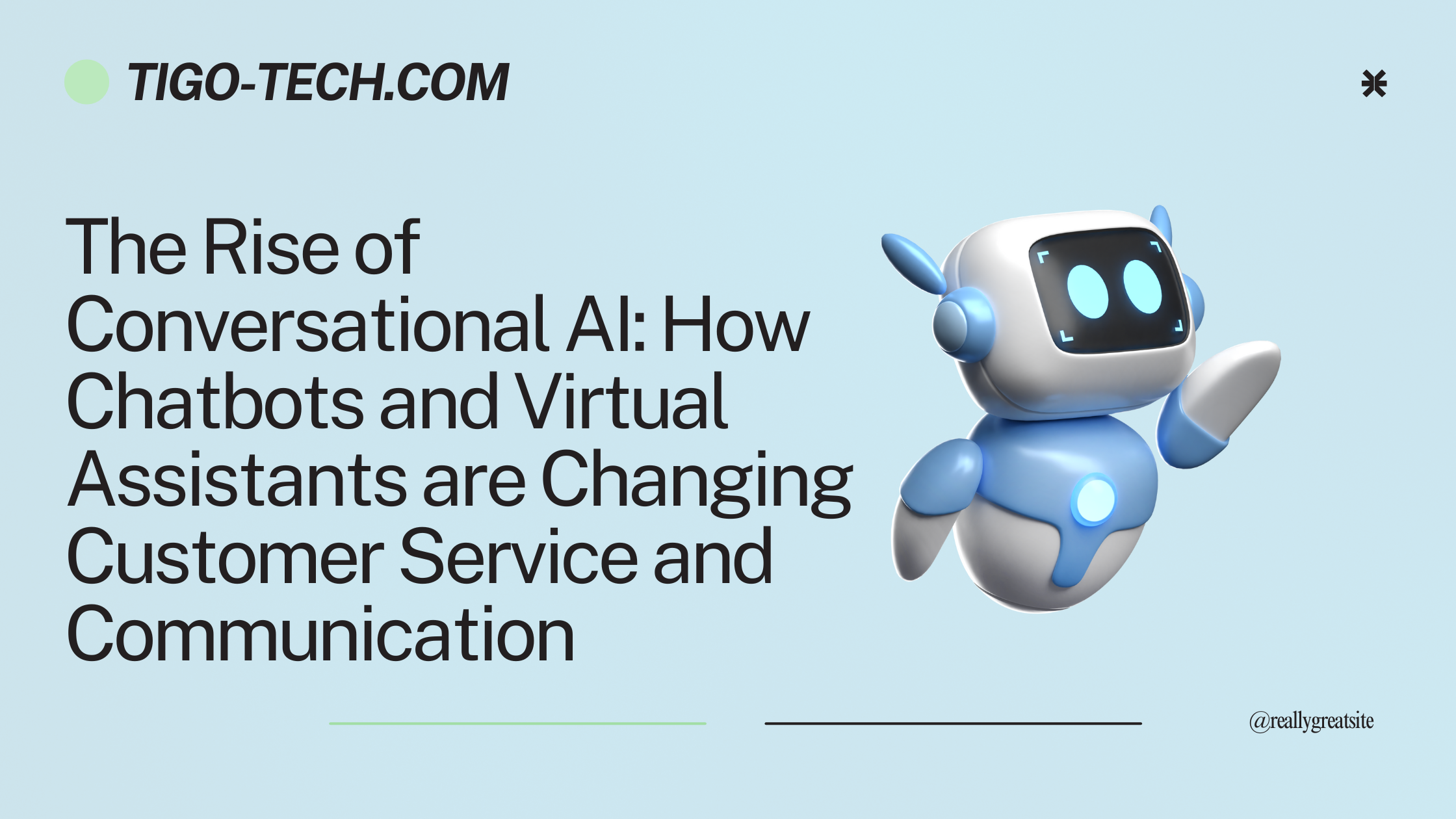Introduction:
Conversational AI, through the utilization of chatbots and virtual assistants, has emerged as a pivotal technology reshaping customer service and communication dynamics. These intelligent systems are revolutionizing business-customer interactions by providing personalized assistance, resolving queries, and enhancing user experiences. In this blog post, we’ll delve into the ascent of conversational AI and explore its transformative impact on customer service and communication across diverse industries.
- Enhanced Customer Engagement:
Conversational AI facilitates real-time conversations between businesses and customers, fostering deeper engagement and satisfaction. Chatbots deployed on websites, mobile apps, and social media platforms offer instant support, provide product recommendations, and guide customers through transactions, thereby enhancing overall engagement levels.
- 24/7 Availability:
A notable advantage of conversational AI lies in its round-the-clock availability, ensuring continuous customer support. Virtual assistants equipped with natural language processing capabilities can promptly address customer queries at any hour, thereby minimizing wait times and ensuring uninterrupted service delivery.
- Personalized Interactions:
By leveraging data analytics and machine learning algorithms, conversational AI delivers personalized interactions tailored to individual customer preferences and histories. These AI systems analyze past interactions and user data to offer relevant recommendations, anticipate needs, and deliver targeted messages, thereby enhancing the user experience.
- Streamlined Processes:
Conversational AI streamlines and automates routine tasks, reducing the workload on customer service agents and enhancing operational efficiency. Chatbots handle common inquiries, offer self-service options, and escalate complex issues to human agents as needed, enabling businesses to optimize resource allocation and focus on value-added activities.
- Multichannel Support:
Conversational AI enables seamless communication across multiple channels, ensuring consistent experiences for customers. Businesses can deploy chatbots and virtual assistants across various touchpoints, including websites, messaging apps, email, and voice assistants, thereby enhancing accessibility and convenience for users.
- Continuous Learning and Improvement:
Chatbots and virtual assistants continually learn from user interactions and feedback, refining their responses and enhancing their problem-solving capabilities over time. Through iterative learning algorithms, these AI systems adapt to changing customer preferences and improve their understanding of natural language, ensuring more effective communication.
Conclusion:
In conclusion, conversational AI powered by chatbots and virtual assistants is revolutionizing customer service and communication paradigms across industries. These intelligent systems offer personalized assistance, streamline processes, and enhance engagement levels, thereby transforming how businesses interact with their customers. As conversational AI continues to evolve, its impact on customer service and communication will only grow, enabling businesses to deliver exceptional experiences and forge stronger relationships with their customers.
